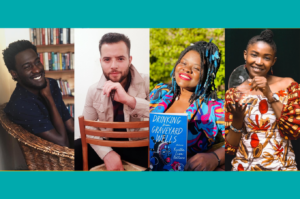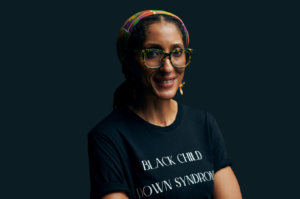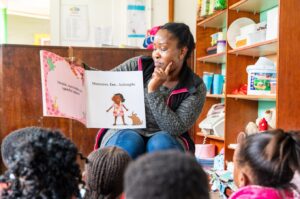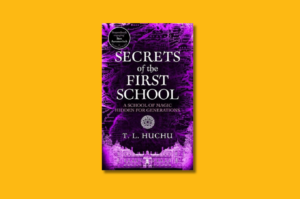
British-Eritrean-Ethiopian author Sulaiman Addonia recently published a New York Times article claiming that his mother is his biggest literary influence even though she cannot read or write. Titled “My Mother: The Reader I’ve Always Wanted but May Never Have,” the essay is a stunning reflection on the challenges of sharing his writings with his mother due to the language barrier.
Addonia is a British author born in Eritrea. He has lived in refugee camps since he was two years old until he received asylum in England in 1990. He was 3-4 years old when his mother departed to Saudi Arabia and left Addonia in the care of his maternal grandmother.
This experience of exile from a young age had a great impact on Addonia’s life. Here are some key takeaways:
The Creative Powers of Orality
The departure of Addonia’s mother when he was a young child fueled his imagination. He says, “The void she left became a space for my creativity, where I imagined a different world with her and my whole family together.”
His mother would send tape recordings instead of asking a transcriptionist to write a letter. These tape recordings were “playful, expressive and containing songs she improvised on the spot, . . . full of news and stories in which she described her life in detail.”
The memory of these tapes inspired Addonia himself to write his own stories years later, when he was a refugee in Britain with little to no knowledge of the English language.
The Tension Between Family and Artistic Expression
As Addonia gained success in his writing career, he often felt the pressure of the censoring voice of his family. His relatives were concerned about his treatment of religion, themes of eroticism, and defiance of gender roles and sexual taboos. For a while, Addonia felt conflicted between the social norms of his family and culture and the urge to express his creativity freely.
He says, “My pen has turned into a double-edged sword. It gives meaning to my life without my family but also threatens their traditions, the remaining signposts of a home that is fading into ambiguity in exile.”
However, after reading works by other authors such as Tayeb Salih, Anne Desclos, Zora Neale Hurston, George Bataille, Nawal el Saadawi and Pier Paolo Pasolini, Addonia was able to help open up his mind. He adds, “I wrote “Silence Is My Mother Tongue,” but it also rewrote me.”
Can Your Mother Truly Be Your Reader?
Although his mother could not read his books, she would hear translated snippets from family members and was shocked at the intimate nature of his writing. He says:
I want to explain to her why intimacy is central to my work, why my sole purpose as a writer is to surrender to my imagination and go wherever it takes me. But I don’t have the right vocabulary to say all this in the languages we speak to each other. Alternating between my broken Arabic and Tigrinya often leads to disjointed, frustrating exchanges. Now, though, our language barrier is a blessing. In the face of her embarrassment over my writing, losing my mother tongue has become a shield against potential fallout and has kept my mother close to me.
But if Addonia were to truly make his mother a reader of his work, he could not continue to maintain this language barrier in order to preserve himself from her possible criticism.
Once this realization set in, Addonia decides to pay for his novel to be translated into Tigrinya (his mother tongue) and then record an audiobook solely for his mother. But this is a tough decision:
Her illiteracy and my foreign language would no longer be barriers between my mother and my work. She would have the chance to hear my story, as I heard hers in those tapes. I would replace the translator relatives who have delivered passages from my writing to her with mixed aims. After the initial excitement, though, comes the panic. Some family members have stopped talking to me after reading my books, and I worry that my mother, too, might abandon me when she hears the stories in my novel about love, intimacy and sexual fluidity.
At the end of the day, the question that remains for Addonia is “What matters more to me, my mother’s presence in my life or my unfiltered stories in hers?” This same query underscores the complexities of writing in exile for a family and culture in another country with a separate set of social norms.
We are so proud of Addonia’s courage to take on this audiobook project and make his writings accessible to his mother! We hope this inspires other writers to do the same with their families and bridge language barriers.
Read the full article here.









COMMENTS -
Reader Interactions